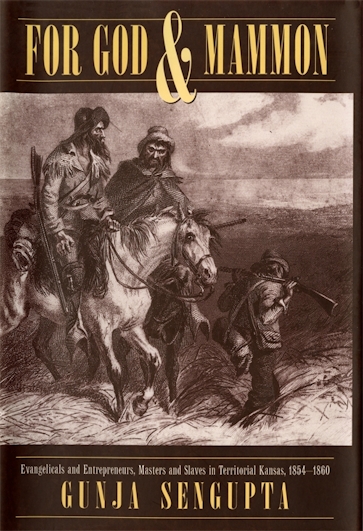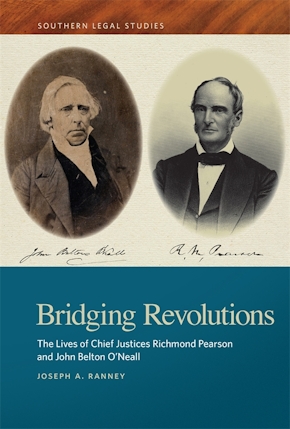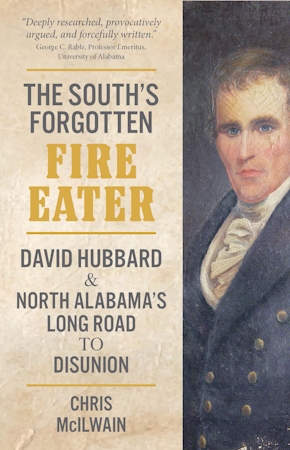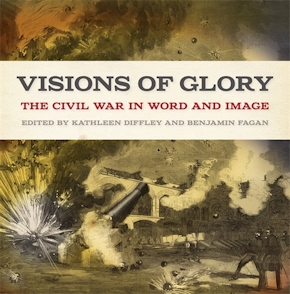For God and Mammon
Evangelicals and Entrepreneurs, Masters and Slaves in Territorial Kansas, 1854-1860
Title Details
Pages: 240
Illustrations: 2 photos
Trim size: 6.000in x 9.000in
Formats
Hardcover
Pub Date: 03/01/1996
ISBN: 9-780-8203-1779-3
List Price: $50.95
Related Subjects
For God and Mammon
Evangelicals and Entrepreneurs, Masters and Slaves in Territorial Kansas, 1854-1860
Skip to
- Description
- Reviews
This book explores the multiple dimensions of the antebellum Kansas tempest as a microcosm of the larger history of sectional conflict and reconciliation. It shows, through an examination of the antislavery ends and means of the American Missionary Association, the American Home Missionary Society, and the New England Emigrant Aid Company, that the northeastern free-state contingent in Kansas represented a wide spectrum of opinion on black bondage, ranging from racially egalitarian Christian abolitionist absolutism on the one hand to free labor pragmatism on the other. Nevertheless, Yankee confrontations with the allegedly parallel unprogressive forces of "slavery, rum, and Romanism" in the territory evoked compelling public images of civilization and savagery, freedom and dependence that broadened the appeal of antislavery politics in the free North on the eve of the Civil War.
At the same time, the book analyzes the ideology and dynamics of proslavery activism in Kansas, demonstrating how clashing conceptions of republicanism and capitalism helped frame the terms of debate over slavery. It pays special attention to the discrepancy between the strident optimism of proslavery rhetoric on the one hand, and the actual operation of the "peculiar institution" in the territory on the other—a discussion that incorporates a detailed study of Kansas slavery not found elsewhere.
Finally, the book argues that the sharp polarities of slavery discourse in Kansas obscured a more ambiguous reality. Southerners resorted to fraudulent voting, and appealed to anti-abolitionism, nativism, and racism to battle not only northern elements but to score points over their proslavery whiggish rivals as well. Schisms within a competitive, business-minded pro-southern elite contained the seeds of Mammon's triumph over political ideology in some proslavery circles, and facilitated a sectional truce at the African American's expense even before the slavery question had faded from the political horizon of the territory.
This work is unique in antebellum Kansas literature in that it employs census data in an attempt to reconstruct the reality of the rank-and-file lives—both slave and free, northern and southern, native-born and foreign—that lay behind the stirring public images conjured by "Bleeding Kansas."
Well written and crafted, this book provides something for those interested in the Civil War and Kansas history, as well as for those scholars interested in the interaction of politics and religion and in how race and class formed a seamless web of oppression limiting the opportunities for African Americans in the pre- and post-Civil War eras.
—Journal of American History
SenGupta's book adds to the understanding of the interplay of evangelism and entrepreneurship in territorial Kansas. Her research is thorough, her knowledge of the appropriate literature impressive, and her style felicitous.
—Civil War History



